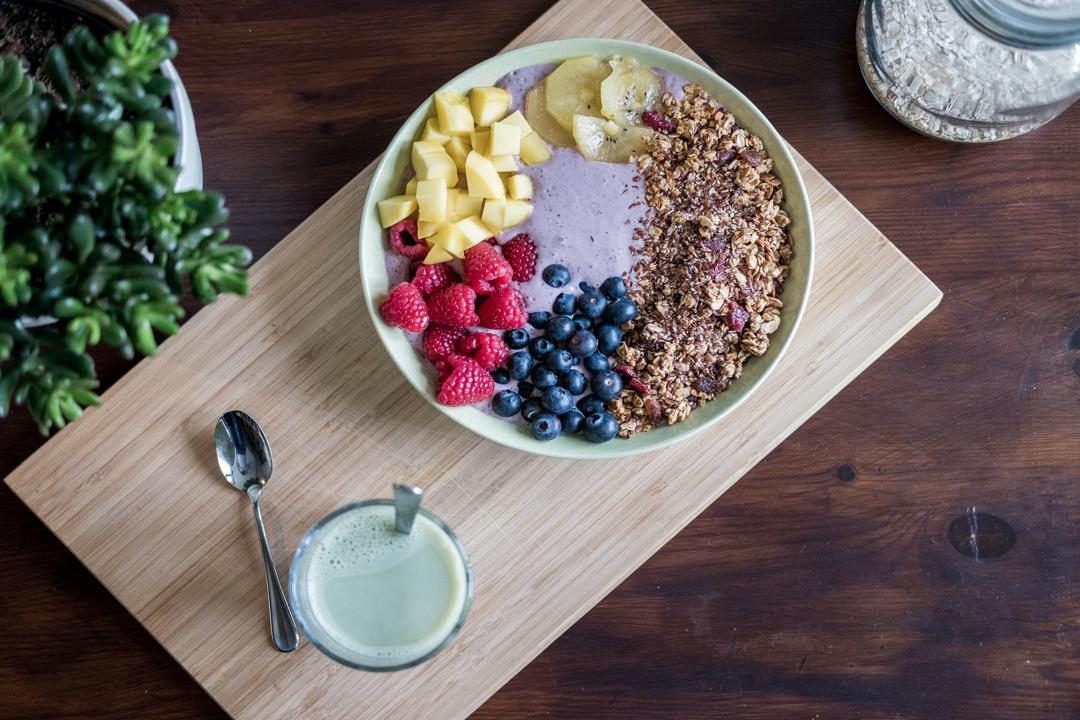Dietary Changes to Enhance Memory and Concentration
Understanding Memory and Concentration
As a health and wellness coach, I often come across clients who are looking for ways to improve their memory and concentration. These cognitive abilities play a crucial role in our daily lives, whether it’s at work, school, or even in our personal relationships. One key factor that can significantly impact memory and concentration is nutrition.
The Basics of Memory and Concentration
Before we dive into the dietary changes that can enhance memory and concentration, let’s first understand the basics of how these cognitive functions work. Memory refers to the brain’s ability to encode, store, and retrieve information, while concentration is the ability to focus and sustain attention on a task.
Various factors can affect our memory and concentration, such as stress and lack of sleep. When we’re stressed or sleep-deprived, our cognitive abilities tend to suffer, making it harder to remember things or stay focused.
The Impact of Diet on Memory and Concentration
Nutrients for Improved Cognitive Function
When it comes to optimizing brain health, certain nutrients have been found to play a crucial role in enhancing memory and concentration. Let’s take a closer look at some of these nutrients and how they work:
-
Omega-3 Fatty Acids: These essential fats are known for their role in brain health. They help improve cognitive function by supporting the structure and function of brain cells. Foods rich in omega-3s include fatty fish like salmon and sardines.
-
Antioxidants: Oxidative stress can damage brain cells and impair memory and concentration. Antioxidants help protect against this damage by neutralizing harmful free radicals. Blueberries and dark chocolate are excellent sources of antioxidants.
-
B Vitamins: B vitamins, such as B6, B9 (folate), and B12, are essential for energy production and neurotransmitter synthesis in the brain. Including foods like leafy greens and whole grains in your diet can help ensure an adequate intake of these vitamins.
Foods That Boost Memory and Concentration
Now that we know which nutrients are beneficial for memory and concentration, let’s explore some specific foods that can provide these nutrients:
-
Fatty Fish: Salmon, sardines, and other fatty fish are rich in omega-3 fatty acids. Including them in your diet a few times a week can help support brain health.
-
Blueberries: These small berries are packed with antioxidants, which can help protect brain cells from damage. Enjoy them as a snack or add them to your morning oatmeal.
-
Dark Chocolate: Good news for chocolate lovers! Dark chocolate contains antioxidants and caffeine, both of which can enhance cognitive function. Just remember to choose dark chocolate with a high cocoa content.
-
Leafy Greens: Spinach, kale, and other leafy greens are excellent sources of B vitamins. Add them to your salads or incorporate them into your smoothies.
-
Whole Grains: Foods like whole wheat bread, brown rice, and quinoa provide a steady supply of energy to the brain, thanks to their B vitamin content.
Practical Tips for a Memory-Boosting Diet
Incorporating Brain-Healthy Foods
To enhance your memory and concentration, consider making the following dietary changes:
-
Include a variety of brain-healthy foods in your daily meals. This can include fatty fish, blueberries, dark chocolate, leafy greens, and whole grains.
-
Limit processed foods and added sugars, as they can lead to inflammation and impair cognitive function.
-
Stay hydrated by drinking enough water throughout the day. Dehydration can affect brain function, so it’s essential to keep yourself well-hydrated.
-
Consider supplementation if necessary. While it’s always best to get nutrients from whole foods, some individuals may benefit from supplements, especially if they have specific dietary restrictions.
Meal and Snack Ideas
Here are some meal and snack ideas that can promote brain health:
-
Smoothies: Blend together berries, spinach, almond butter, and a liquid of your choice (such as almond milk or coconut water) for a delicious and nutritious brain-boosting smoothie.
-
Avocado Toast: Top whole grain bread with mashed avocado and a sprinkle of sea salt. Avocado is rich in healthy fats that support brain function.
-
Nuts and Seeds: Snack on a handful of nuts and seeds, such as almonds, walnuts, or pumpkin seeds. They provide a good mix of healthy fats, antioxidants, and vitamins.
Lifestyle Factors for Optimal Memory and Concentration
While dietary changes are essential for enhancing memory and concentration, it’s important to consider other lifestyle factors as well. Here are a couple of key factors to keep in mind:
Exercise and Physical Activity
Regular exercise has been shown to have numerous benefits for brain health. It increases blood flow to the brain, promotes the growth of new brain cells, and enhances cognitive function. Aim for at least 150 minutes of moderate-intensity exercise per week.
Quality Sleep and Stress Management
Getting enough quality sleep is crucial for memory consolidation and optimal cognitive function. Make sure to prioritize sleep and establish a relaxing bedtime routine. Additionally, managing stress through techniques like meditation, deep breathing, or engaging in hobbies can help improve memory and concentration.
In conclusion, enhancing memory and concentration through dietary changes is a holistic approach that can yield significant benefits. By incorporating brain-healthy foods, limiting processed foods, staying hydrated, and considering supplementation if necessary, you can support your cognitive abilities. Remember to also prioritize exercise, quality sleep, and stress management for optimal brain health. Here’s to a sharper mind and improved focus!
